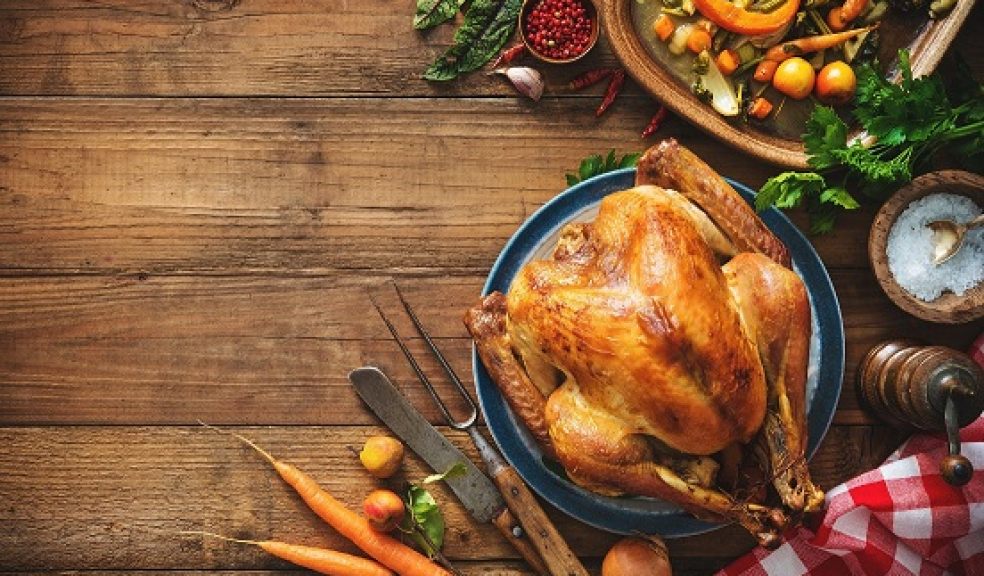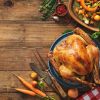
The five questions a farmer asks when buying a Christmas turkey…
Trust a farmer to know what’s best when choosing your festive feast
To find out more about the welfare and the flavour of your festive bird, there are five key questions you should ask, says Devon farmer Anna Bury. Anna, whose family runs the hugely-successful Eversfield Organic, sells hundreds of top-quality turkeys online every Christmas.
When you choose your turkey, my advice is find out as much as you can about it – what breed it is, what it was fed and how it was raised,” says Anna, who works with her family at their farm at Bratton Clovelly near Okehampton. “The way a turkey is farmed, fed and prepared for the table makes all the difference to its taste.”
Anna’s Bronze turkey came third overall in this year’s Good Housekeeping Christmas taste test, against national competition. The Good Housekeeping test team described it as: “an impressive sized turkey that's great for large families. This golden bird has crisp-looking skin and appears wonderfully juicy. It's bursting with a rich, fatty meaty aroma and has moreish umami taste and a fresh, buttery flavour.”
The Good Housekeeping taste test gave first place to a turkey from Iceland, which cost just £26. Produced and packed in Hungary, Iceland’s deboned turkey contained a lengthy list of added ingredients including water, maize starch and salt as well as others, in stark contrast to Eversfield Organic’s Devon reared organic 100 per cent pure turkey.
Anna explains that there is so much more to a turkey than its price: “Here at Eversfield Organic, we also consider the quality of life that the bird enjoyed, its impact on the environment and its health-giving qualities. This is why all our meat is always organic – we know it is best for the animals, best for the consumers and best for the environment.”
Here are Anna’s five key questions you should ask about your bird this year:
1. How old is this turkey? An organic, free-range traditional breed of turkey will be around six months old and will have reached full maturity. This means it will have a natural layer of fat and will be much more flavoursome when cooked, compared to a younger, immature bird reared with intensive farming methods.
2. What has it been eating? A certified organic turkey must be fed with organic feed, grown to strict standards no pesticides, artificial fertilisers or genetically modified ingredients. Organic turkey feed can cost up to 60% more than non-organic but is definitely worth it.
3. How was it raised? Organic standards mean that an organic turkey is a truly free-range bird, with everyday access to plenty of outdoor space and grazing, kept in smaller flocks. Organic birds will not have been debeaked or kept indoors for their lifespan, like many intensively farmed turkeys.
4. What breed is it? Slow-growing traditional turkey breeds - such as Norfolk black turkey or Bronze turkey - take longer to mature. This gives them a plump conformation of muscle and a natural finish of fat, making them tastier. Most turkeys consumed this Christmas will be reared and fattened as quickly as possible to keep costs down, not good for the bird or the nutritional content of the meat.
5. How was it prepared? Our Eversfield Organic turkeys are slaughtered and dry-plucked by hand on the farm, avoiding a stressful journey to an abattoir which is harsh for the birds, whilst stress can also toughen meat. The meat should be hung for at least seven days, which intensifies the flavour and increases tenderness. We then prepare our turkeys to oven-ready standards with the utmost care and attention. For us, both animal welfare and quality are paramount.













